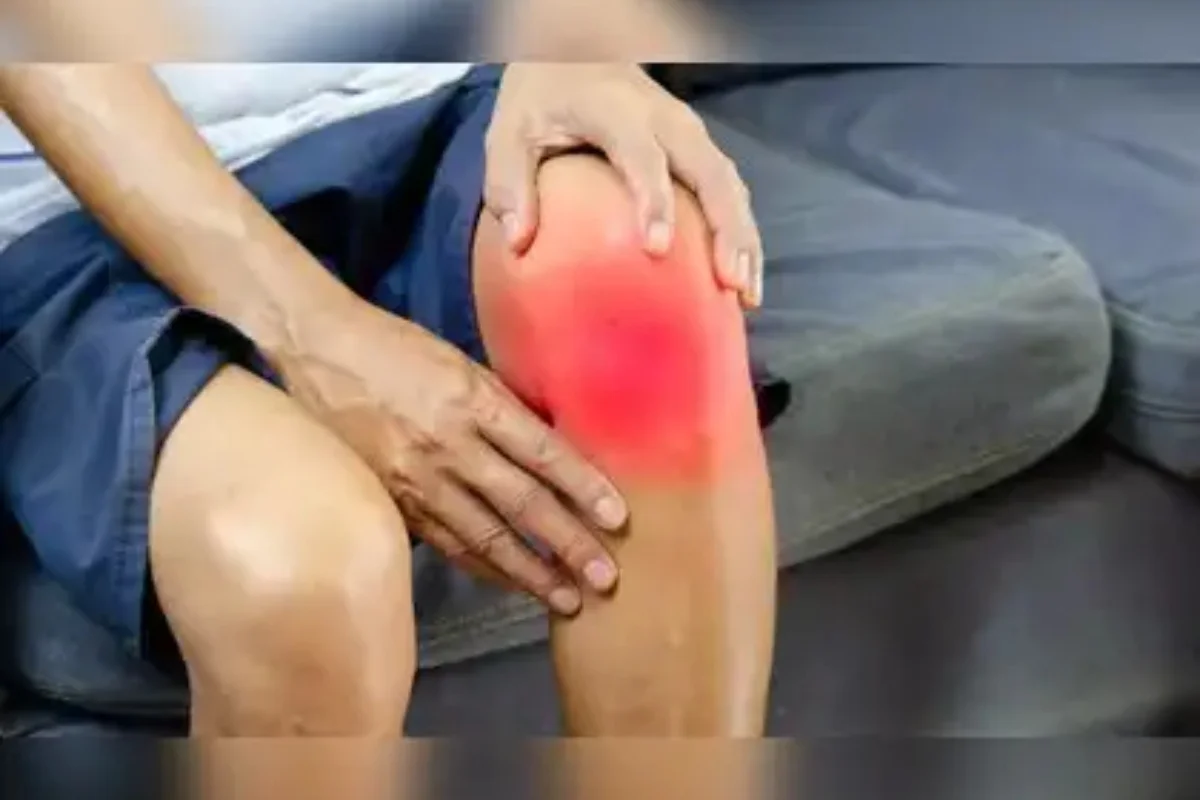A quiet ache today can become tomorrow’s constant pain if your joints don’t get the care they deserve. With smart habits and expert joint health tips, it’s possible to protect mobility before problems begin.
As lifestyle strains grow, experts urge early awareness and small preventive changes. Let’s understand why paying attention early to your joints can stop discomfort from turning into lasting damage and safeguard your future movement.
Why Joint Health Deserves Early Attention?
Joint pain is no longer limited to the elderly; it affects people across all age groups due to stress, poor posture, and inactivity. Many overlook mild stiffness or swelling until it disrupts movement and daily comfort. Early care plays a vital role in preventing long-term damage and chronic pain.
Dr. Sharveen Ganapathy, Consultant Orthopaedic Surgeon at Columbia Asia Hospital, shares five simple yet effective ways to protect your bones and joints before problems grow worse. Let’s uncover his expert joint health tips that can truly make a difference.
DON'T MISS
Joint Health Expert Shares 5 Practical Joint Care Tips
Dr. Sharveen Ganapathy believes that maintaining healthy joints begins with daily discipline, not drastic changes. His guidance focuses on small, consistent habits that naturally strengthen joints, reduce long-term strain, and build lasting mobility for a pain-free, active lifestyle.
1. Break Up Sitting Time: Prolonged sitting weakens muscles and bones. Stand, stretch, and move to keep stiffness away.
2. Prioritise Calcium Intake: Adults need 1,000–2,000 mg daily, from food or supplements, to maintain strong bone density.
3. Manage Weight Wisely: Excess weight adds strain to knees, making every step harder on your joints.
4. Treat Pain Early: Pain affecting daily life is a signal. Seek help before it limits movement.
5. Address Injuries Promptly: Even minor injuries, if ignored, can cause lasting damage. Care now saves trouble later.
These joint health tips are rooted in prevention, guiding you toward lasting strength.
Understanding the Early Warning Signs of Joint Problems
Symptoms like stiffness, mild swelling, or popping sounds aren’t harmless quirks but signs that joints could be under stress. Experts warn that brushing off discomfort can lead to arthritis or more serious damage. Early diagnosis and timely action keep those issues from reaching a point where only invasive treatments work.
Why Early Care Matters More Than Late Treatment?
Choosing lifestyle changes early can often reverse minor joint damage. Simple steps like posture correction, physiotherapy, and diet changes help before advanced treatments are needed. Orthopaedic experts highlight that preventive care extends mobility and reduces medical intervention in later years.
The Role of Technology in Joint Health Monitoring
Wearable trackers keep daily habits in check, while AI-driven posture apps flag movements that weaken your joints. Early detection through these smart tools helps you adjust before discomfort takes root. Teleconsultations and online physiotherapy sessions are now expanding access to guided care, no matter where you live.
Myths vs. Facts About Joint Pain and Remedies
Joint health isn’t only affected by age; injury, lifestyle, and diet play roles too. Rest doesn’t always solve pain; controlled movement often helps recovery. Medical evidence points toward strengthening and activity as better paths than total rest, shaping better choices for bone and joint care advice.
Early care and simple discipline sustain healthy movement for years. Listen closely, your body often tells the story first.
Disclaimer: This content, including advice, provides general information only. It is not a substitute for a qualified medical opinion in any way. The methods and claims mentioned in this article should be considered as suggestions only; DNP India neither confirms nor denies them. Always consult a doctor before following any such suggestions/treatments/medications/diets.
